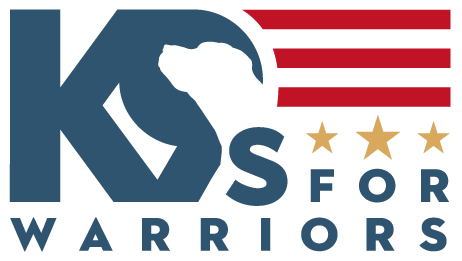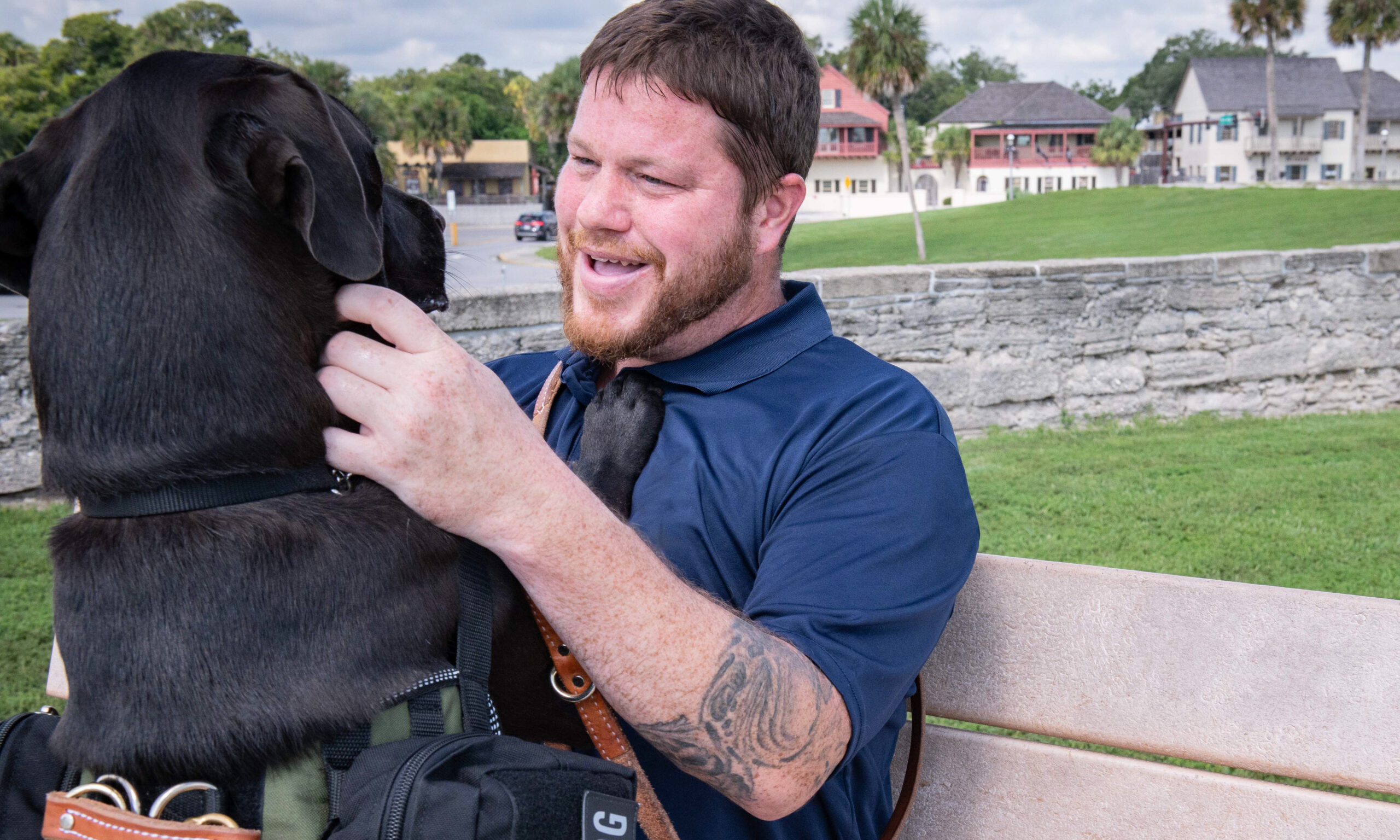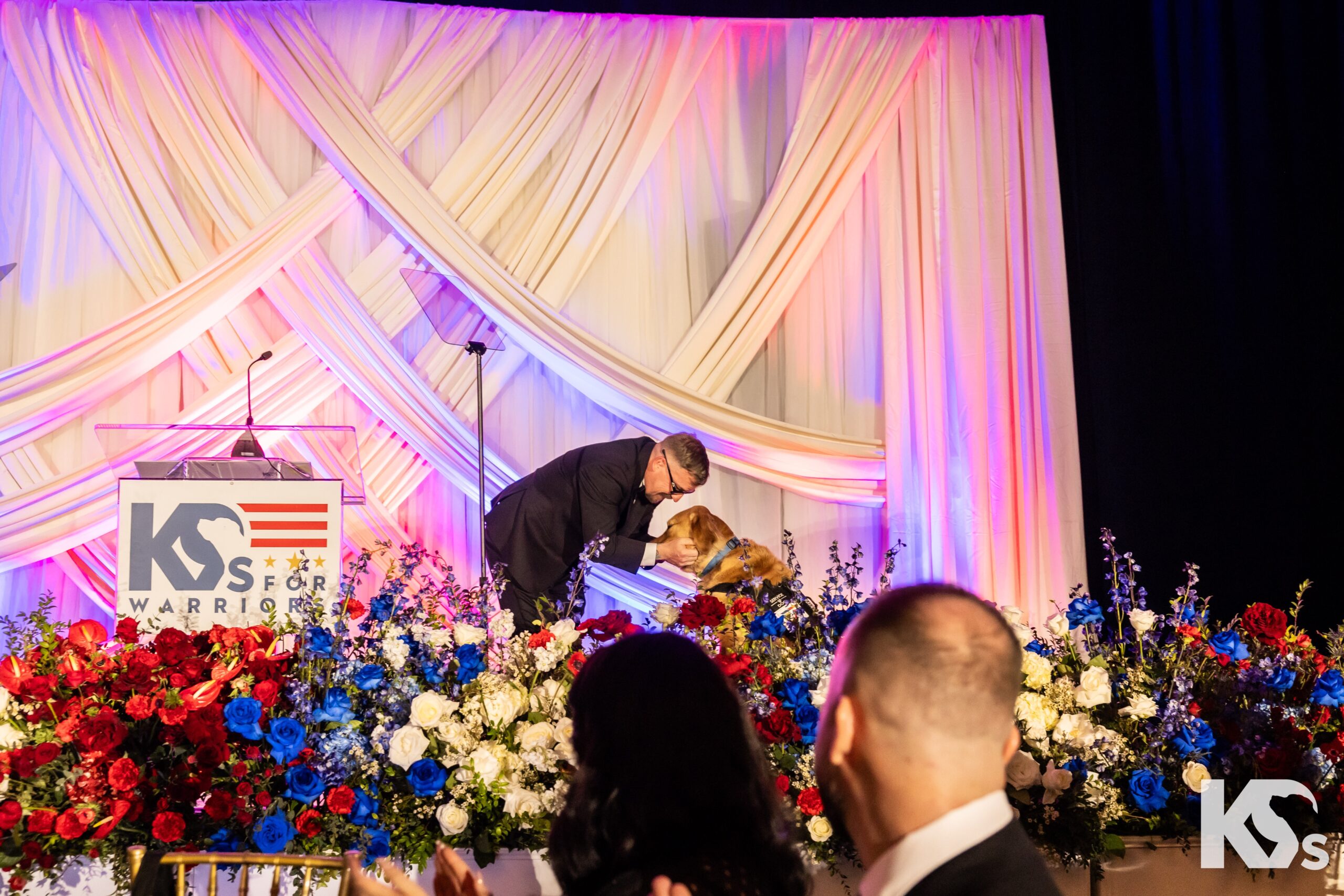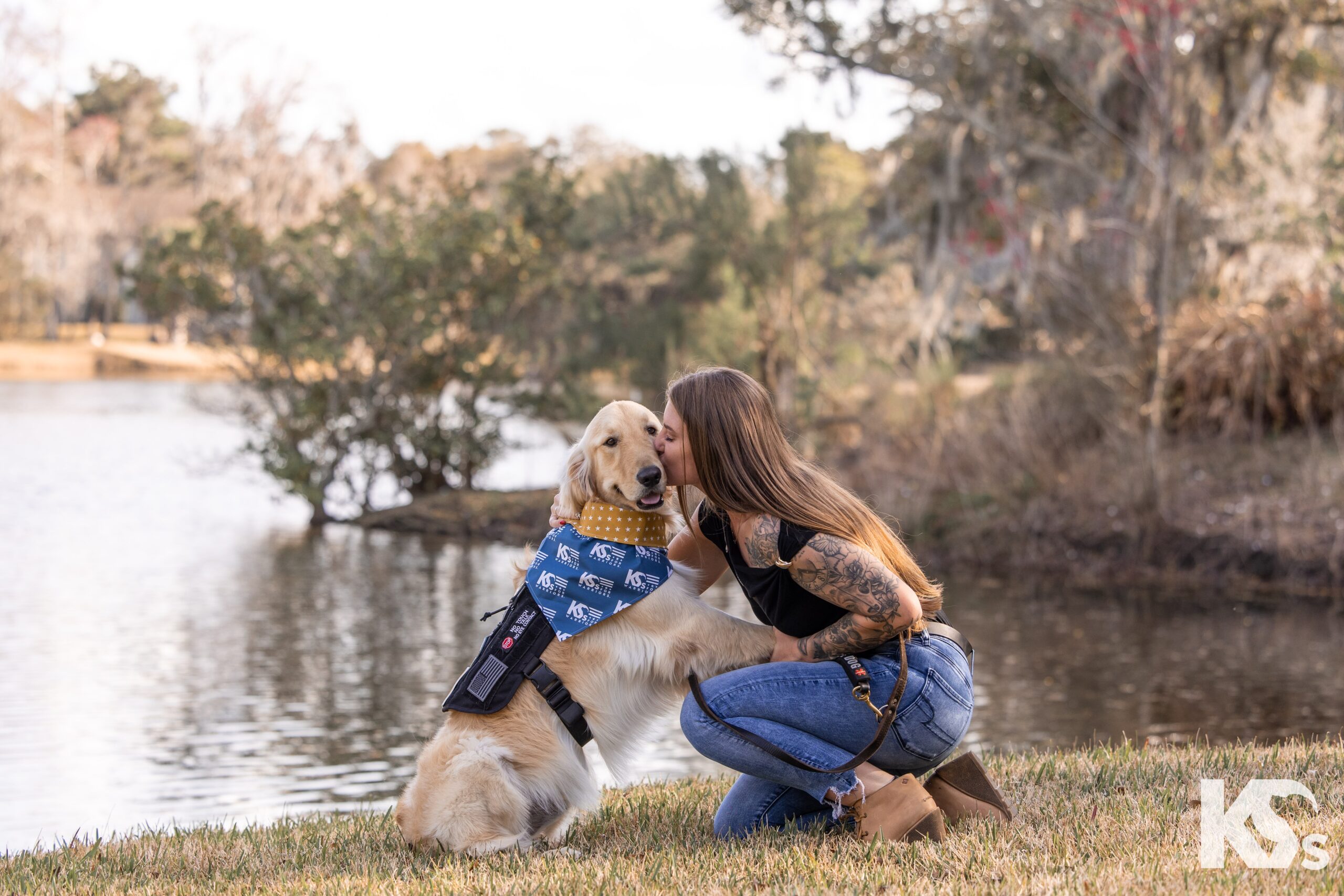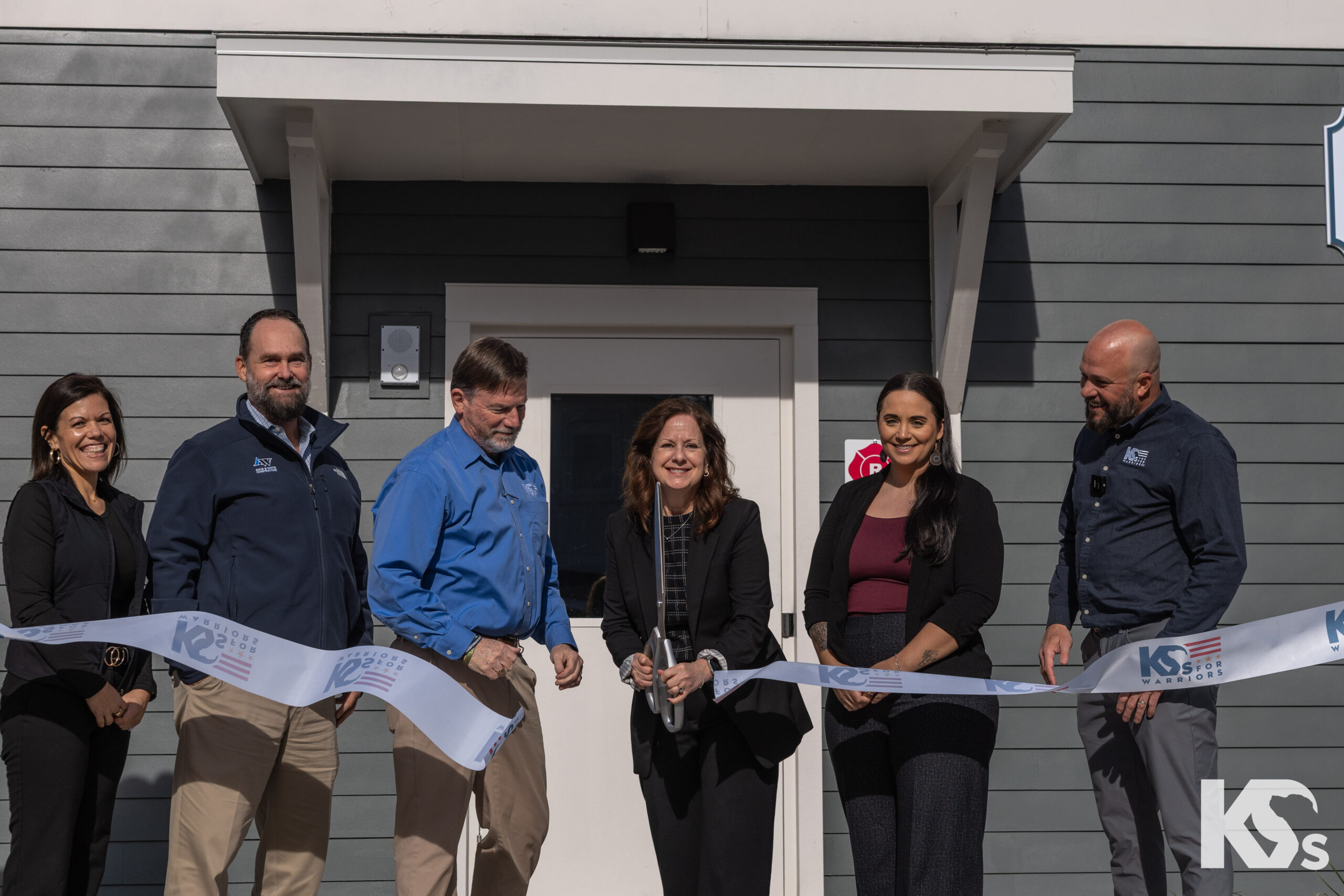September 12, 2001 — the day Ryan Jackson's life was changed forever.
Jackson, still a senior in high school at the time, remembers the horror of watching the towers go down. The deadliest terror attack in U.S. history.
The very next day, he was in the U.S. Army recruiter’s office, signing his name on the dotted line.
“I was fully prepared to die. I actually expected it,” Jackson said of his deployments to Iraq. “Within the first two months of being in Ramadi, I lost four guys from IEDs and sniper fire.”
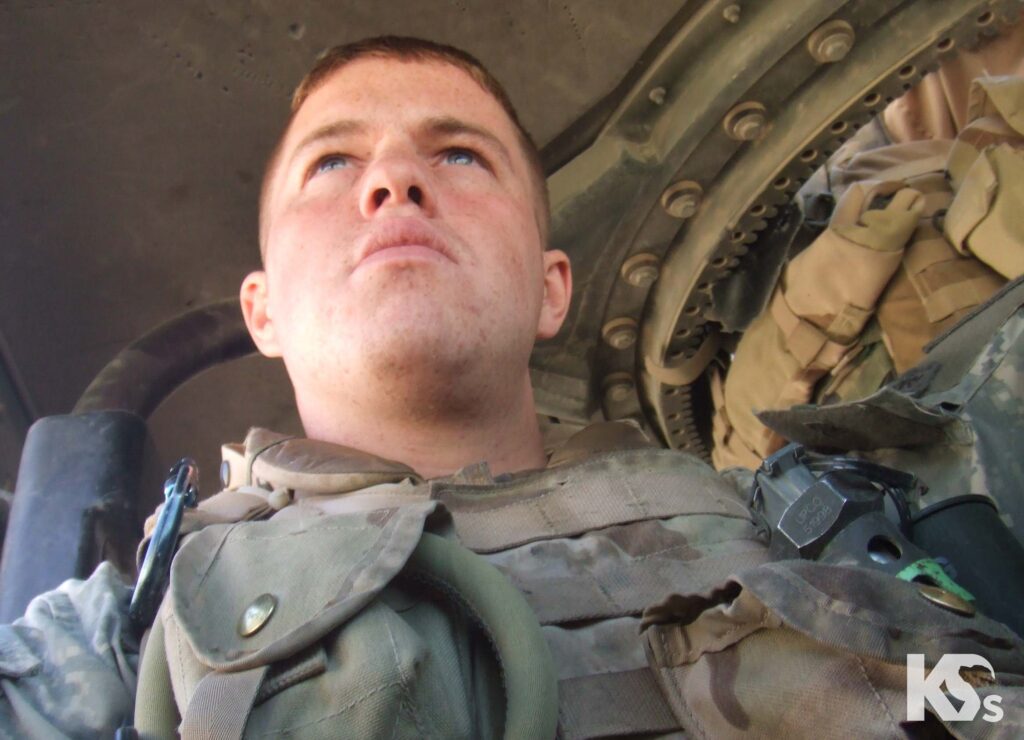
Gave Me Purpose
He always knew he was meant for a life of service, and that deadly September day only solidified his decision.
“I wanted to fight for the people that couldn’t do it themselves. It gave me a purpose,” Jackson said.
He was raised by his grandparents in Northern Georgia. His dad split when he was young.
Jackson anxiously crossed off the calendar days leading to his high school graduation, bags already packed. The moment he received his diploma, he was gone — first to Fort Benning for basic training, then sniper school, before deploying as an infantryman.
Between his two deployments, Jackson would come to log over 28 months in combat, including a stint to Ramadi, Iraq —considered the most dangerous place on Earth at the time.
“We couldn't be in one place for more than 13 minutes without getting shot at,” he said, almost matter of factly.
By the end of his deployment to Ramadi, he would lose seven men.
Despite these horrific losses and traumas, Jackson said he felt like he found his place amongst the chaos in the Army. This came after years of struggling to fit in at home.
“I felt like I had a sense of purpose,” he said. “It was something I was good at, too.”
This would all change, though, when Jackson was hit by an IED.
“Loss of consciousness, bleeding from my eardrums, and a traumatic brain injury,” he said. “It messed me up.”
His career was over.
Completely Changed
After serving for 14 years, Jackson was medically retired, forced from the one thing that made him feel alive.
“The transition happened so fast that it was a real culture shock. I didn’t have any plans,” he said.
Jackson faced more than physical injuries from the attack, undergoing numerous facial surgeries to correct the concussive damage from the IED blast — he also struggled financially.
After fighting on the battlefield, he now had to bargain for his compensation and benefits at home. At the time, Jackson was already a father, and he had a second son on the way.
“I got out and I didn’t have any money. It was hard to find a job,” he said.
After years serving next to his brothers and sisters in arms, working alongside civilians proved difficult.
“I didn’t have any kind of bond with these people. I didn’t blend in with anybody,” Jackson remembered the frustration. “I tried to push people away on purpose.”
It went further than that, though.
"I was completely changed," Jackson said. "I was numb, angered easily, and I ruined a lot of relationships with substance abuse problems."
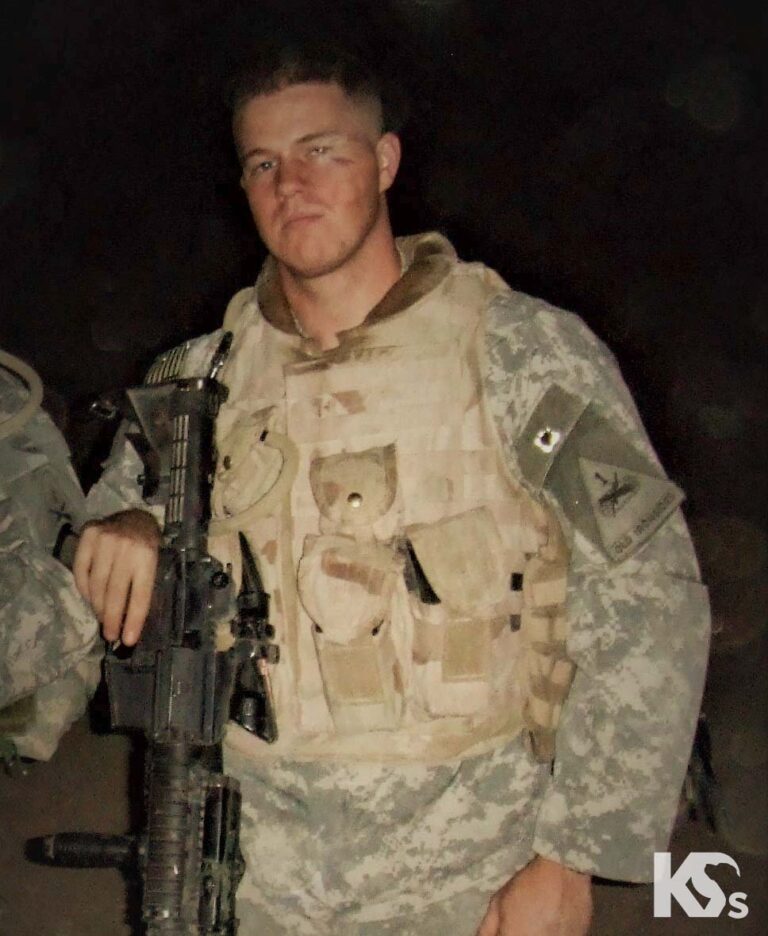
He had trouble sleeping at night, and he turned to drugs and alcohol to cope.
“You’re supposed to be hard and tough — put all that stuff behind you,” he said.
He buried his trauma until he couldn’t anymore. It happened around a year after he returned home.
We had two people kill themselves about two months apart.
When the phone rang with the news, he was stunned.
“I had been talking to them — we had regular communication, regular contact,” he said. “Out of nowhere, they just decided.”
Their passing was more than a shock to Jackson — it was a wake-up call.
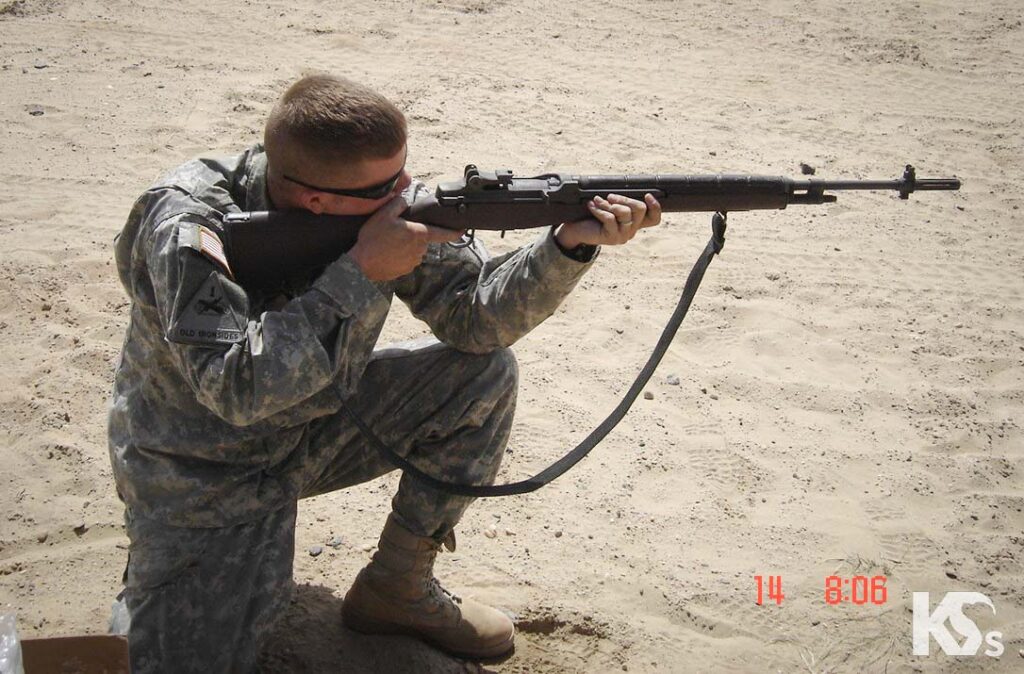
I saw the way they were living their lives — the signs. Then, I saw my life and the path I was heading down. I knew I had to do something.
It had been ten years since his deployment to Ramadi, and here he was packing his bags for his fellow soldier’s funeral. It was a somber moment. Despite this, there was a part of him that was excited at the chance to see old friends and catch up.
There was one soldier Jackson was especially eager to see. The last time they’d met, he’d had cause for concern.
“He was talking about being suicidal all the time,” he remembered the soldier. “Something was off.”
Upon arriving, Jackson was surprised at what he found.
“I didn’t even recognize him — his demeanor, attitude, everything about him.” Jackson smiled.
The soldier was almost joyful despite the occasion.
He went on to tell Jackson of his experience at K9s For Warriors, and Jackson was hooked on every word.
“After that, I knew,” he said.
I Needed the Help
As soon as he returned home from the reunion, he logged on to his computer and began researching the program.
It was decided. He’d fill out the application.
The application process was lengthy, and Ryan was reassured — this program would be legit. He hit submit and very shortly after received the phone call to let him know he’d been accepted.
Now, for the hard part — waiting for his pairing date.
That’s when the nerves settled in. He wondered, how was he supposed to deal with the extra attention of a dog by his side when he couldn’t even go into the grocery store by himself?
“I was second guessing it, but I also knew how bad I needed the program — how bad I needed the help.”
Everything faded away the moment he laid eyes on his Service Dog Caliber.
“He was all big, golden brown eyes and floppy ears — just as happy as he could be.”
Caliber, a black lab mix, laid at Jackson’s feet, with his legs stretched long behind him in a silly sploot.
All Jackson could feel was relief.
“There were still nerves, but also excitement and joy,” he said.
They bonded immediately.
“I grabbed the toy chicken from him, and from that moment, I knew,” he laughed remembering the first moment they played together.
That night, Jackson slept soundly for the first time in years with Caliber by his side.
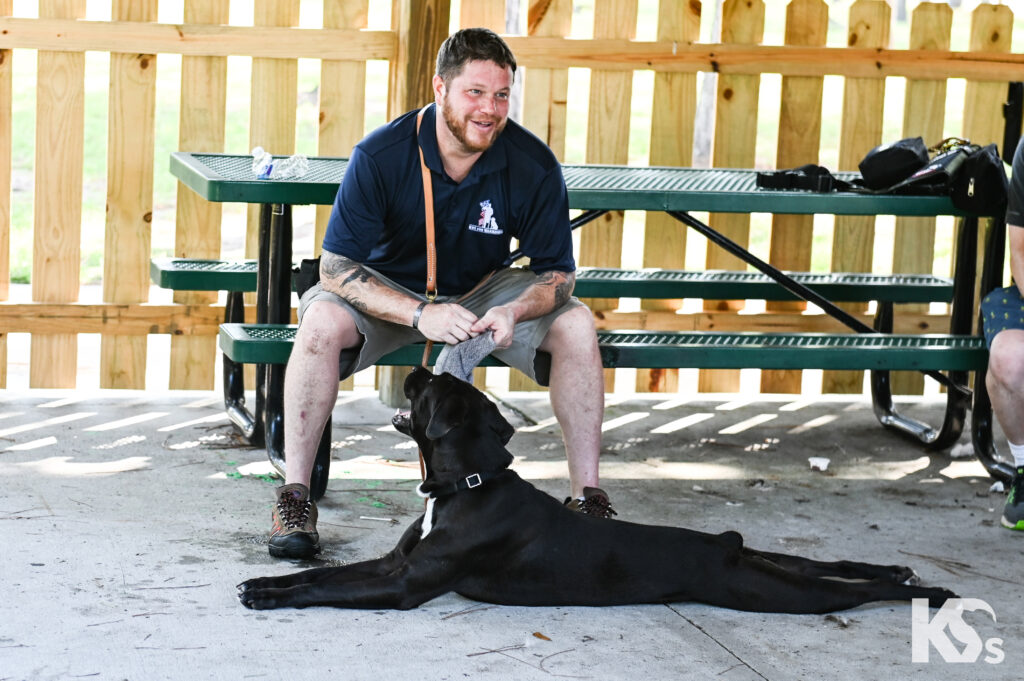
Upon graduating from the program, Jackson made the five-hour trek back to Alabama where he lived, this time with Caliber in the back seat. He had to make a stop at the store along the way, something that used to immediately spur panic.
This trip looked quite different, though.
“It was my first time going out by myself,” he remembers.
A big step.
“People were looking at me and staring at me,” he said. “But it wasn’t for the same reason anymore.”
Caliber was strolling the isles by his side, nails clicking on the floor and tongue hanging loosely. Who couldn’t look at that smile?
Everything had changed. A father of three, Jackson slowly started piecing his life back together, mending ruined relationships and building new ones.
I cut back on almost all my medications, and I find it hard to drink anymore. I don’t do drugs.
Jackson has come full circle. He is now able to be what his fellow soldier once was for him — a source of hope for many. With Caliber by his side, he visits Fort Benning, sharing the story of a Service Dog changing his life.
“There is hope out there. It’s OK to ask for help,” Jackson said. “We’re trained to be as tough as we can in combat, but it’s nice to let them know that it’s OK to get help.”
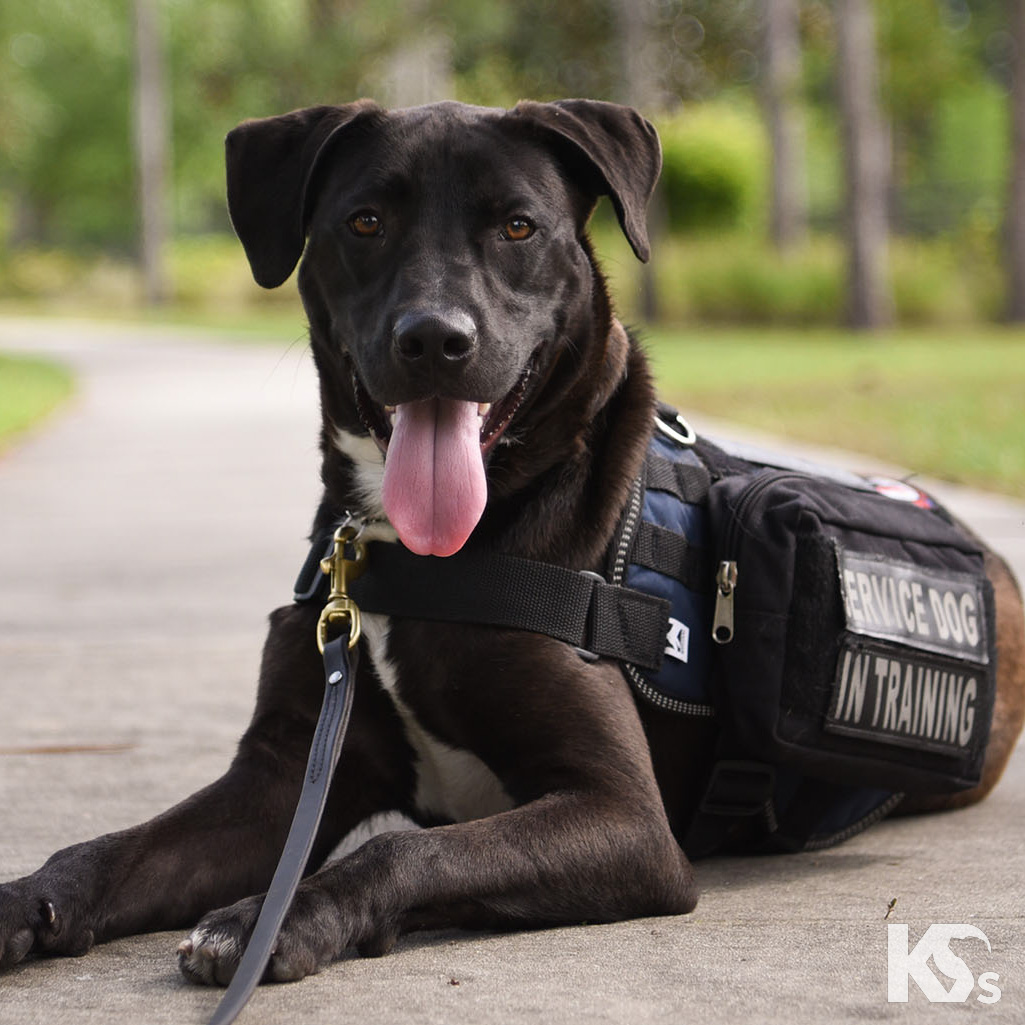
Ryan & Caliber’s Graduation Date
August 2020
Caliber’s Start
He was donated by Nassau Humane Society
Caliber’s Sponsor
Caliber was sponsored by Aaron Duez & Caliber Home Loans.
Caliber’s Name
Caliber was named by Aaron Duez, a Marine Corps veteran. He now strives to help as many veterans as he can with their mortgages at Caliber Home Loans.
